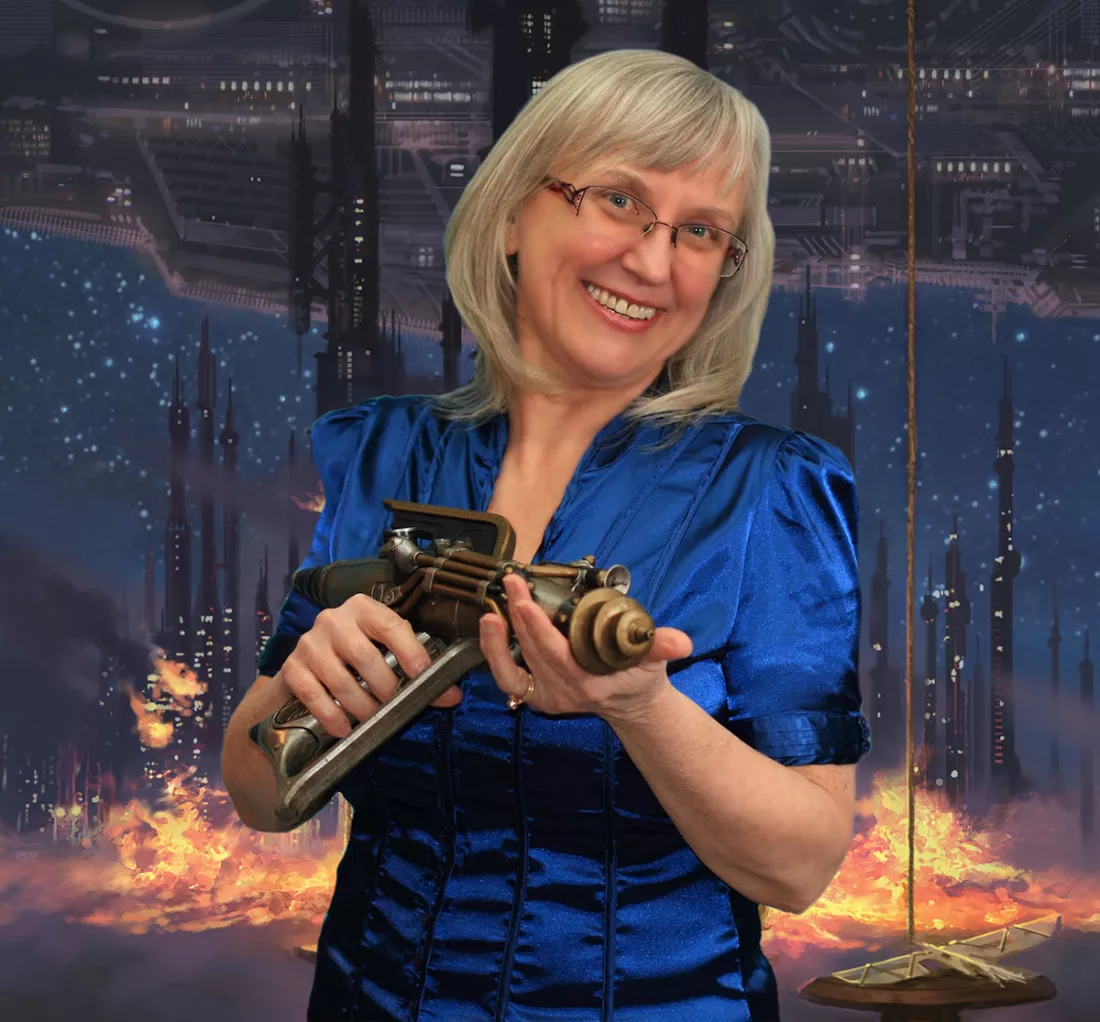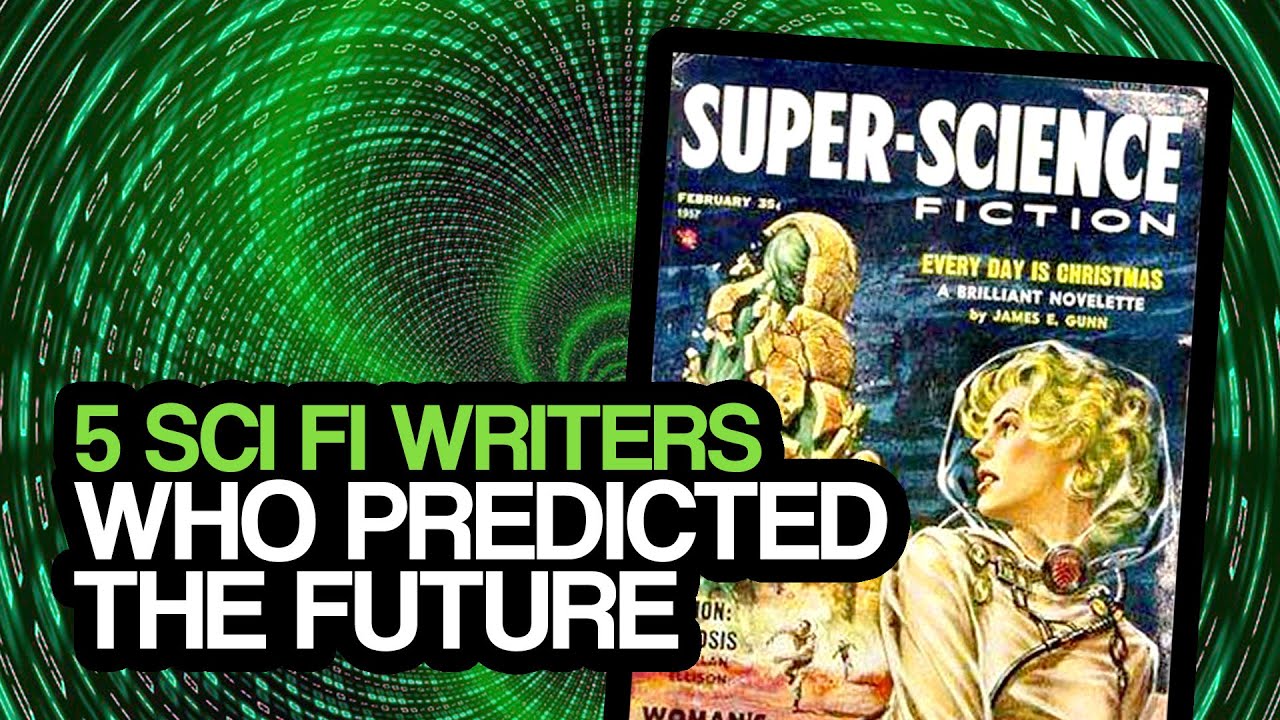
In 2024, the landscape of genre fiction is undergoing a profound transformation, largely influenced by contemporary science fiction (sci-fi) authors. These writers are not only expanding the boundaries of the genre but are also redefining its role in reflecting and shaping our collective future. This article explores how today’s sci-fi authors are steering the course of genre fiction, highlighting key trends and influential voices that are setting the stage for the future.
1. Embracing Diverse Perspectives
One of the most significant shifts in contemporary sci-fi is the emphasis on diversity. Authors from varied backgrounds are bringing fresh perspectives to the genre, challenging traditional narratives, and exploring new themes. This inclusivity is broadening the scope of sci-fi, making it more relatable to a global audience.
Key Voices:
- N.K. Jemisin: Known for her groundbreaking works like “The Broken Earth” trilogy, Jemisin’s stories delve into themes of oppression and resilience, offering a rich tapestry of cultural and social commentary.
- Ted Chiang: Chiang’s work, including “Exhalation,” is celebrated for its thought-provoking exploration of philosophical and ethical questions, often from a diverse range of perspectives.
2. Interweaving Science and Society
Contemporary sci-fi authors are increasingly focusing on the intersection of science and society. They are exploring how emerging technologies and scientific advancements impact human relationships, ethics, and societal structures. This trend reflects a growing interest in how speculative fiction can offer insights into real-world issues.
Key Voices:
- Ann Leckie: Her “Imperial Radch” series is renowned for its exploration of artificial intelligence and its impact on identity and society.
- William Gibson: Often credited with pioneering the cyberpunk genre, Gibson’s recent works continue to examine the implications of technology on human existence and social dynamics.
3. Exploring Climate Change and Environmental Issues
With the escalating impact of climate change, contemporary sci-fi is increasingly addressing environmental concerns. Authors are using speculative fiction to imagine potential futures shaped by ecological crises, offering both warnings and solutions.
Key Voices:
- Kim Stanley Robinson: His “Ministry for the Future” is a powerful example of how sci-fi can address climate change, proposing innovative solutions and exploring the socio-political implications of environmental collapse.
- Paolo Bacigalupi: Known for “The Windup Girl,” Bacigalupi’s work often addresses the consequences of environmental degradation and the struggles for survival in a changed world.
4. Blurring the Lines Between Genre and Mainstream Fiction
Contemporary sci-fi is increasingly crossing boundaries with other genres, blending elements of mystery, romance, and historical fiction. This genre fusion is creating new and exciting narrative possibilities, making sci-fi more accessible to a wider audience.
Key Voices:
- Margaret Atwood: With novels like “The Handmaid’s Tale,” Atwood blends dystopian elements with literary fiction, creating powerful narratives that resonate with contemporary social issues.
- Jemisin (again): Her ability to weave complex, multi-genre narratives continues to push the boundaries of traditional sci-fi.
5. Innovative Narrative Structures
Modern sci-fi authors are experimenting with narrative structures, including non-linear storytelling and interactive elements. These innovations are enhancing reader engagement and providing new ways to explore speculative concepts.
Key Voices:
- China Miéville: Known for his intricate world-building and innovative storytelling techniques, Miéville’s works like “Perdido Street Station” challenge conventional narrative forms.
- Cory Doctorow: Doctorow’s use of interactive elements and digital media in works like “Walkaway” reflects a growing trend towards immersive and participatory storytelling.
Conclusion
Contemporary sci-fi authors are undeniably shaping the future of genre fiction in 2024. By embracing diversity, exploring the nexus of science and society, addressing climate issues, blending genres, and experimenting with narrative structures, these writers are pushing the boundaries of what sci-fi can be. Their innovative approaches are not only reflecting our current concerns but are also offering imaginative solutions for the challenges that lie ahead. As we look to the future, the contributions of these authors will undoubtedly continue to influence and inspire the evolution of genre fiction.












